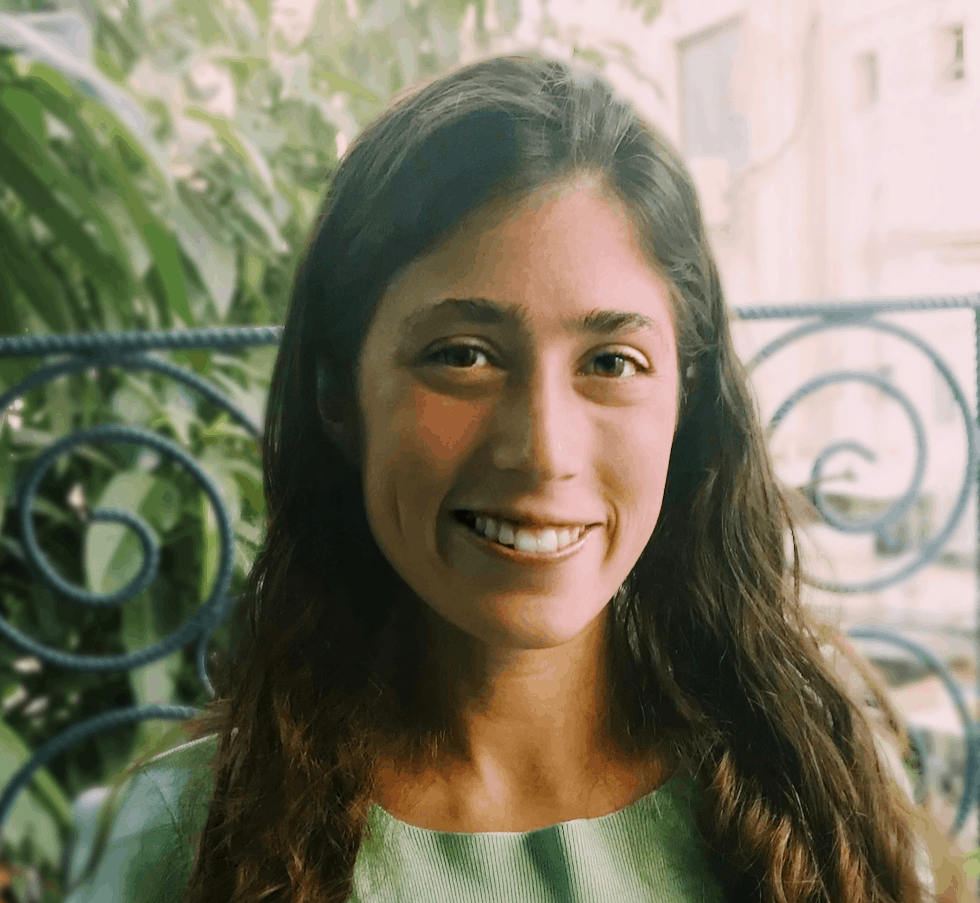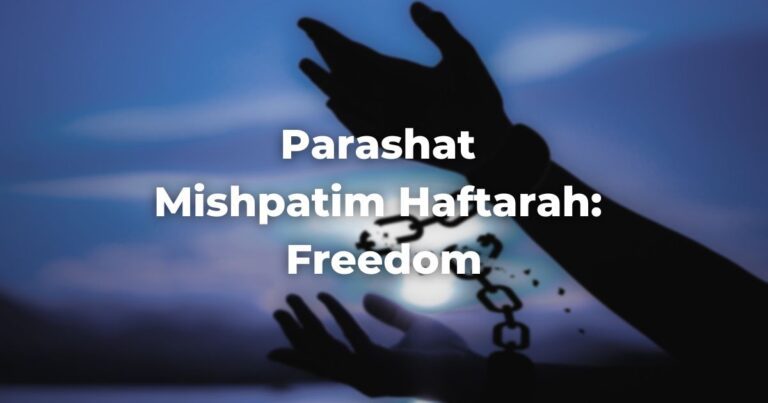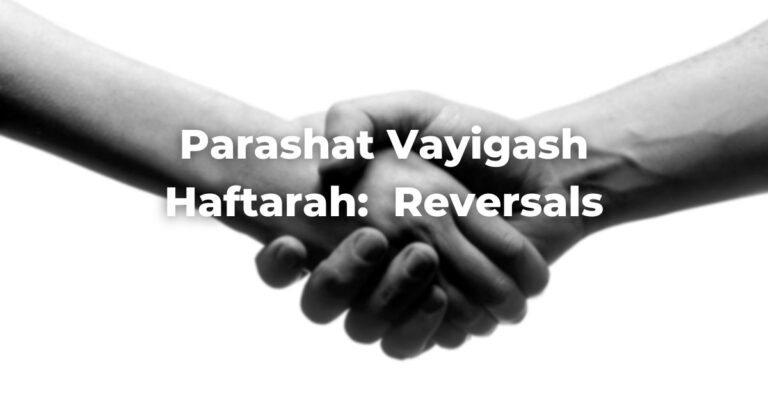Leah has a rough time having kids with Jacob and she lets us know it. The names she chooses for her first four children describe her journey from desire to win Jacob’s affection to being content with what she has.
On Naming Leah’s Children
She describes the names of her first two children, Reuben and Simeon, as her wanting Jacob to see, ra’ah, (from Reuben) and hear, shema, (from Simeon) her suffering. Her third child, Levi, is named for her hope that Jacob will now become attached, yelaveh, to her. The name of Judah, her fourth child, comes from the root ydh, to praise or give thanks.
Something happens between the births of Levi and Judah.
Leah stops wishing for Jacob’s attention and affection and starts to appreciate all that God has given to her. It is possible too that her wish is fulfilled, that finally Jacob does see her, hear her, become attached to her.
Perhaps it is for this that she gives thanks.
There is, after all, something special about the tribe that descends from Levi. They become the ones to help the Israelites move from a place of wishing to a place of thanking, through their service in the Temple as we read about in this week’s parasha. They are the ones who are attached, nilvoo, to God, to the Temple. They are the ones who help the Israelites attach to or join with God. And they are specially designated to God.
In order to be able to serve these functions, they must be a people apart, separated, and purified in a number of ways.
Our haftarah turns this concept on its head.
Describing the situation in the early days of the construction of the Second Temple, with the Jews newly back from exile, Zechariah paints a picture of how to create the world anew from the broken pieces that he finds.
We read a description of the triumphant return of God to Jerusalem and the Temple.
But this time, the people invited to be attached to God, to Jerusalem, to the Temple are different. It is no longer just the Levites.
We read, as translated by Robert Alter, “And many nations shall join, venilvoo, the LORD on that day and become My people, and I will abide in your midst.”
The nations take on the function of the Levites. They become the ones attached to God, who join God in God’s dwelling place.
It’s a radical change.
The Levites once were the ones designated to join the sons of Aaron in keeping the tent of meeting, and they were specifically warned that “no outsider may approach you all.” Now, those outsiders have replaced the Levites in their role as those accompanying God’s dwelling place.
Themes in Post-exilic Texts
This is a theme and a turn of phrase that appears in a number of post-exilic texts; we find it often at the end of the Book of Isaiah.
It functions not so much as a description of what was going on at that time as it does a wish for the messianic future. Even in the darkest days of the beginning of the building of the Second Temple, we imagine ourselves in a position where we can be magnanimous.
We take that which is our unique heritage, our particular gift, namely our relationship with God in Jerusalem, and work on regifting that with the rest of the world.
These actions help to shed light on what had happened in the progression of names of Leah’s children. Something special had happened with Levi. Levi joined up, became attached, and through the connections he forged, he allowed Leah to reach Judah, a state of thanksgiving.
See more: Parashat Behaalotcha
Originally posted as part of the Conservative Yeshiva at the Fuchsberg Jerusalem Center’s Torah Sparks. Support TorahRefers to the first five books of the Hebrew Bible, the Tanakh, also called the Five Books of Moses, Pentateuch or the Hebrew equivalent, Humash. This is also called the Written Torah. The term may also refer to teachings that expound on Jewish tradition. Read more learning from the Fuchsberg Jerusalem Center/Conservative Yeshiva for leaders and seekers around the world here.
Authors
-

Bex Stern Rosenblatt is the Conservative Yeshiva’s Faculty-in-Residence for the Mid-Atlantic Region of the United States, teaching Tanach, using the techniques of close-reading, theater, feminist readings, and traditional commentators. Bex also directs the CY’s recruitment efforts in North America. After finishing her B.A. in History and German at Williams College, Bex received a Fulbright Grant to Austria. She later earned an M.A. in TanakhAn acronym for the name of the Hebrew Bible: Torah, Neviim, and Ketuvim. Read more from Bar Ilan University and has also studied at the Conservative Yeshiva and Bina Jerusalem. Bex is the founder of HavrutaA study partner. A hevruta is more than just a ‘study buddy’ it is a serious and personal relationship between colleagues. Also spelled: Havruta Read more Tel Aviv, an organization that facilitates guided pair-learning of the Tanakh.
View all posts -



The Fuchsberg Jerusalem Center (FJC) is a home in the heart of Jerusalem where leaders and seekers can find an authentic place in Jewish tradition to call their own. FJC offers opportunities to study, pray and explore within an egalitarian and inclusive setting, creating multiple pathways for finding personal and communal meaning.
View all posts






